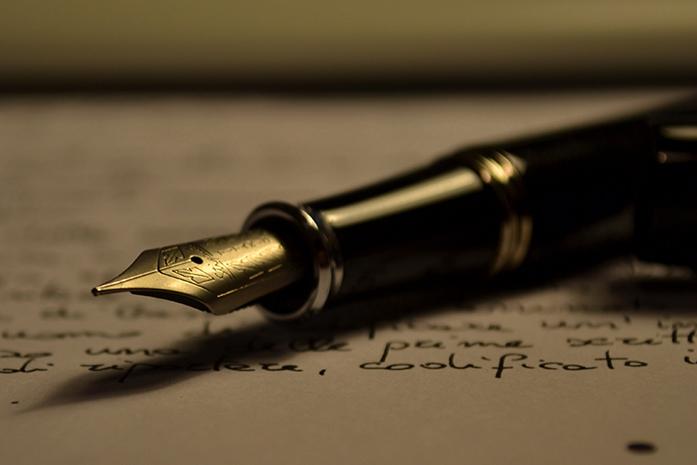To commemorate this week’s Iowa City Book Festival, the *Daily Iowan* has gone behind the scenes with a couple of the featured writers, in an attempt to provide readers with a look at their creative processes.Andrea Wulf, a renowned author of five books, spoke with *The Daily Iowan* from her home in London this past week about her love of nature, the work that goes into her writing, and the widespread success of her latest award-winning book, *The Invention of Nature*. The book serves as an in-depth written history of Alexander von Humboldt, the oft-forgotten but crucial German naturalist responsible for many of our contemporary perceptions of the natural world.
The transcribed conversation below has been condensed and edited for clarity.
*DI*: When did your interest in nature begin?
Andrea Wulf: I think as a child, basically. We had a little cottage in northern Germany where we spent every weekend, all the holidays, so that’s really where I started hanging out in forests, and paddling along rivers, and stuff like that. [So] later when I started writing and doing history, all my books were really about the relationship between humankind and nature.
*DI*: What difficulties do you face while writing?
Wulf: For me, the main thing is really to find the sources that allow me to tell a story through the eyes of my protagonist. Sometimes, you find a great historical figure, but you just don’t have any private letters, for example, and then it’s basically impossible to write the kind of book I’m writing, because everything I write about what they feel, what they eat, what they smell is all based on facts and manuscripts. Sometimes, I have to let go of a good story just because there’s not enough source material for it, which was the opposite for Humboldt, because there’s so much about him.
*DI*: How much research has to go into it?
Wulf: More than the writing, I suppose. I did research and archives across the world, I followed Humboldt’s footsteps through South America, [and] so it’s kind of a journey through landscapes and through letters and archives basically. It’s impossible to say, because you’d find something in an archive, you write something up. It takes a long, long time, but it’s great fun.
*DI*: What awards have you been given from this book?
Wulf: So last week I won the Royal Society and Science book prize, which is the largest science-book prize in the world, and the Royal Society is like the oldest scientific society, founded in the 17th century. So that was an amazing award. I won the Costa, which is a big award here in the UK in the category of biography, and then the *LA Times* Book Prize, and then in November, I’m getting a prize that is given by the Nature Conservancy. So a pretty good crop I got for this one, I think.
*DI*: What is the best advice you can give to young writers?
Wulf: Read, read, read, and read. I think the most important thing if you’re a writer is to read. If you write nonfiction, I think it’s really important to read fiction so that you don’t forget that it’s not just the facts, it’s also the language. And then, you just have to love writing; if you don’t feel that you want to write every day, I think it’s too hard to do it. You have to wake up in the morning and want to go to your desk and write basically. It’s a craft. I feel like my writing gets better with every book, so it’s a craft, just like being a joiner, or a tiler, or a musician, the more hours you put in the better you get, I think.
Andrea Wulf Reading
When: Noon today
Where: Old Capitol Senate Chamber
Cost: Free



